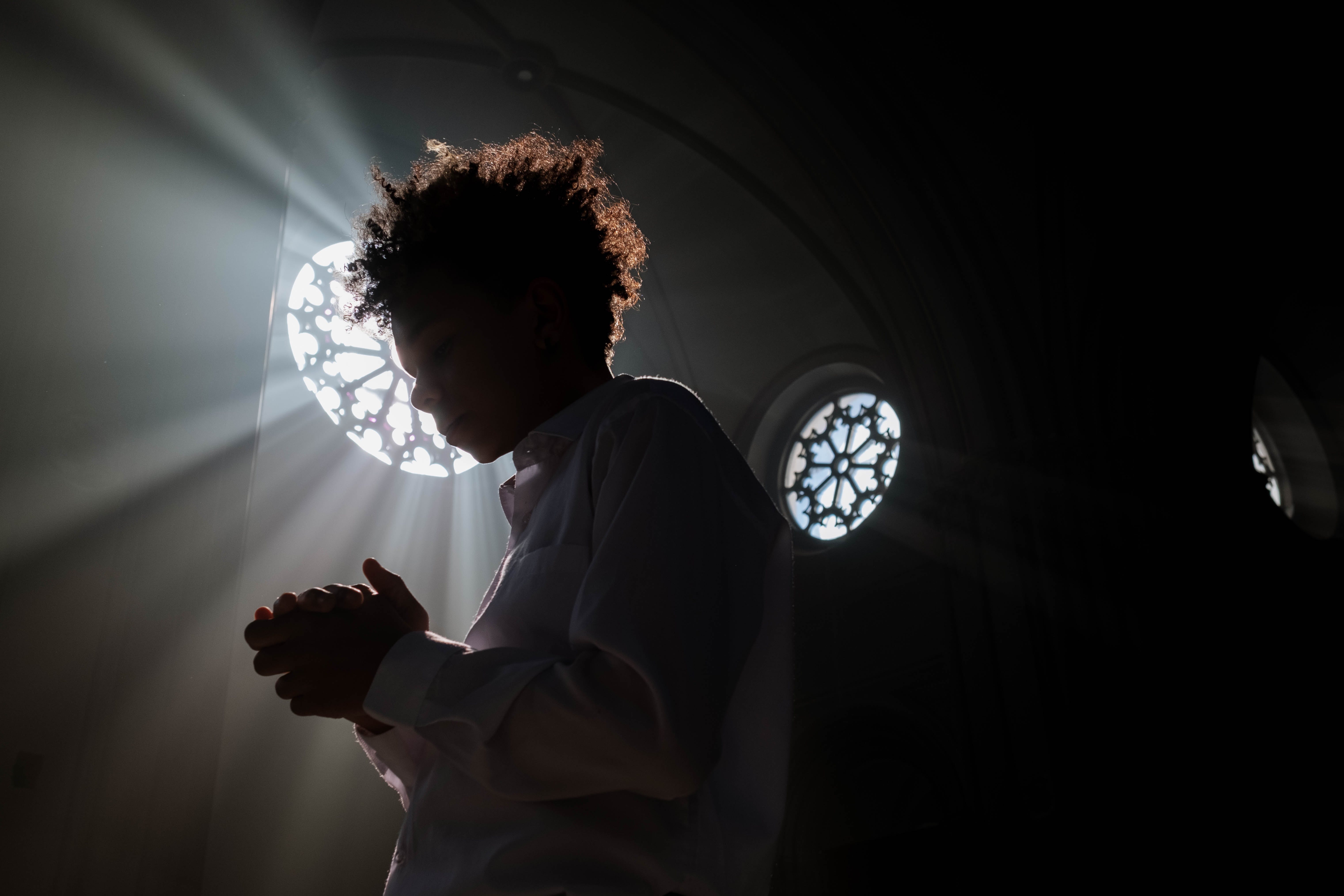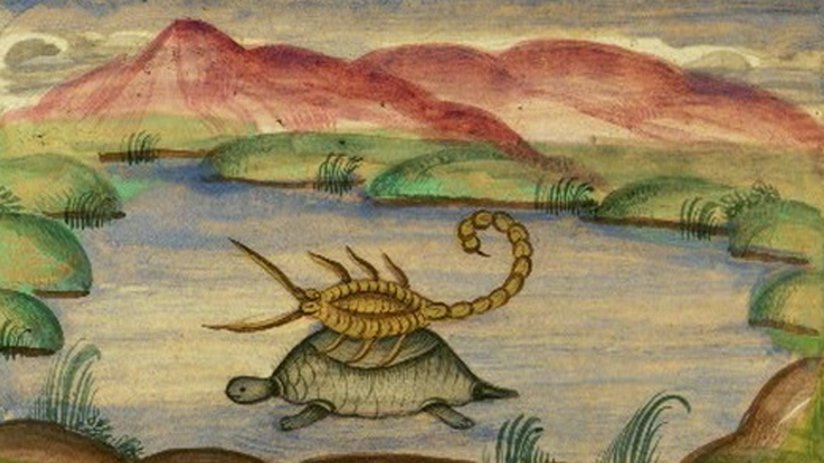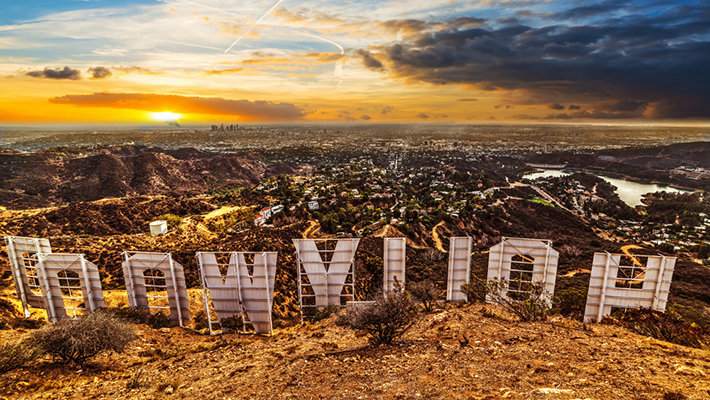
-
HOME
-
WHAT IS STANDOur Mission Our Values Our Help Contact
-
WHAT WE FIGHT FORReligious Freedom Religious Literacy Equality & Human Rights Inclusion & Respect Free Speech Responsible Journalism Corporate Accountability
-
RESOURCESExpert Studies Landmark Decisions White Papers FAQs David Miscavige Religious Freedom Resource Center Freedom of Religion & Human Rights Topic Index Priest-Penitent Privilege Islamophobia
-
HATE MONITORBiased Media Propagandists Hatemongers False Experts Hate Monitor Blog
-
NEWSROOMNews Media Watch Videos Blog
-
TAKE ACTIONCombat Hate & Discrimination Champion Freedom of Religion Demand Accountability
Religious Freedom & Respect—It’s Not Too Much to Ask
“Everyone has the right to life, liberty and security of person.”
That’s Article 3 of the Universal Declaration of Human Rights. It doesn’t seem to be a lot to ask—to quote another declaration of rights, it should be a self-evident truth—but apparently in many parts of the world it’s way too much to ask.

This very basic right—the right to life—is being violated countless times a day every day in too many places on this planet to name. And in many cases this basic right is violated in the name of religion. Witness wars being fought in the name of religion.
But Article 18 reads, “Everyone has the right to thought, conscience and religion.”
The proponents of so-called “holy wars” no doubt see violence as an expression of their vision of freedom of religion. To them, freedom of religion seems to mean: “freedom of my religion to the exclusion of yours.” Sometimes this is implied; other times it’s stated overtly.
The fundamental purpose of any religion is personal salvation, and bigoted hate is not the way to salvation.
This happens on a global scale, but it also happens on a local scale. It manifests as expressions of hate—anything from covert, snarky remarks to overtly hateful taunts and diatribes, to exclusion and ultimately violence and murder.
People who do this often make a great show out of being “religious,” but a closer look reveals that their practice of religion is narrow in scope, and usually misses the basic tenets of the religion by a mile. Whether it is the smugly pious local zealot or someone making world headlines, their actual practice is seldom more than self-serving—a quest for personal power.
The fundamental purpose of any religion is personal salvation, and bigoted hate is not the way to salvation.
According to my understanding of the major religions of the world, the route to salvation includes treating others with grace and dignity. Doing that would be the free—and freeing—exercise of any real religion and its purpose.
That exercise is a fundamental human right. It benefits all and harms no one.
Treating people with dignity and respect takes courage—sometimes a great deal of courage—but we can muster that courage in big and small ways.
Let’s start by understanding each other better, and respecting each other’s beliefs.
Personally, I don’t think that’s too much to ask.









